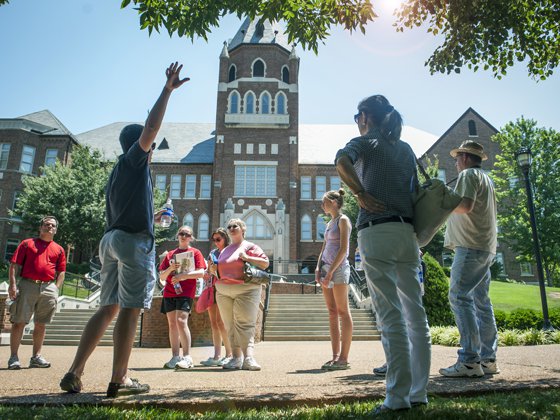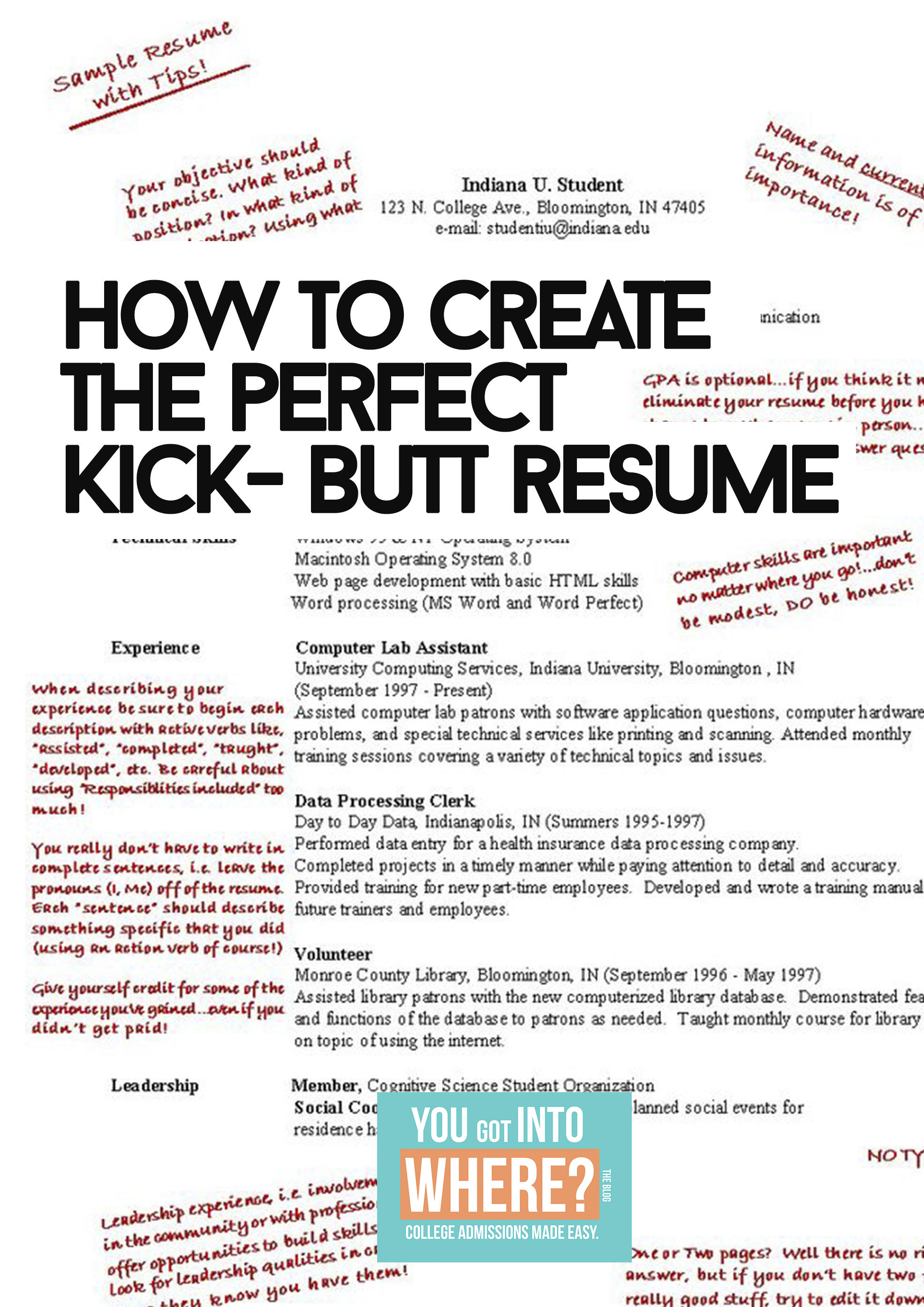Just because guidance counselors don’t wear tights and a cape doesn’t mean they can’t save the day by helping you with high school survival and college prep.
Let’s Get Real
Real Talk: High school is hard. Between studying for tests, completing homework, trying to keep a social life, and preparing for the next big stage of your life (hint: college), high schoolers are lucky if they manage to remember what the cafeteria is serving for lunch (bonus points if you remembered what the cafeteria was serving, and then remembered to pack a bag lunch). Your parents don’t always understand what you’re going through, your friends are too busy with their own workload to commiserate over the size of yours, and your dog, while comforting, does not keep an interesting conversation. Well, now your dog can stop working overtime as your therapist because there is someone whose job is to help you with each and every high school problem you encounter: your guidance counselor.
Don’t roll your eyes just yet. I use the term “guidance counselor” loosely, because in actuality, they are superheroes here to save your day from overbearing class schedules, toxic friendships, and general college prep procrastination. Their super powers include gaining access to scholarships you didn’t even know existed, switching you out of the science class taught by that crazy teacher (...you know the one), and seeing the potential in you before you learn to recognize it in yourself.

Initiate Your Own Help
So, how do you gain access to these men and women wearing invisible capes? You ask. Notice how the word “you” is bolded. Guidance counselors are happy to help you, in fact they want you to succeed, but they are not going to save you from the burning building that is your crazy teacher (you know the one) kicking and screaming. No, in contrast to your parents, your guidance counselors will not nag you to apply for scholarships, take AP Chem, or apply to your dream school. You have to have the self-motivation to reach your goals, and you have to ask your guidance counselors for help in reaching them.
Once you ask for help (no, the word “you” will not be bolded for the rest of this article), your guidance counselors will channel Clark Kent and spring into action (outfit change optional). Is it a bird? Is it a plane? No, it’s just your guidance counselor working their butt off to help you have a bright future. Your guidance counselor can help you make sure you have enough credits to graduate, that the rigor of your classes is right for you, and you are taking the type of classes colleges look for. As mentioned before, your guidance counselor also has access to information about many scholarships, and can help you find the right ones for you. Your guidance counselor can also nominate you for scholarships your teachers or supervisors can’t (hello, the Presidential Scholarship). Your guidance counselor can also help you figure out your passion, and what career you may want to occupy by taking interest tests, directing you to job fairs, and even getting you in touch with career coaches to guide you. Also, many colleges are now requiring letters of recommendation from your guidance counselors. So, the sooner you get to know your guidance counselor, the more he/she can help you.

Start the Conversation
But you are not the only student these superheroes rescue on the daily, the other students in your school use the help of the guidance counselor as well. Depending on the size of your school, your guidance counselor may be the most accessible person on the planet, or they may schedule your appointment three months out. Whatever the case, your time with them is precious, so here are some questions that can help you get acclimated with what your cape-less hero can do for you:
- “How can I start building my college resume?”
No matter your age, college is right around the corner and it is never too early to start planning. Your guidance counselor can help you get in touch with sports coaches, direct you to clubs that fit your interest, or help you connect with a teacher who needs someone to help them with research. If there are no activities at your school that you are interested in, your guidance counselor will help you start your own club!
- “Can we go over my transcript?”
Not only does this give you and your guidance counselor a chance to fix any mistakes that may have been made, but it also opens the door to a conversation about the classes you are taking, if there are any classes you should be taking, and if you have enough credits to graduate with your class.
- “Which standardized tests should I take, and when are they?”
Your guidance counselor will tell you whether you should take the SAT, the ACT, or both. They will also give you information on how to sign up for the tests, when the tests are being given, where the tests are being given, and the prices of testing. If you are unable to pay to take the tests, your guidance counselor can help you figure out a way to still test. Also, if you are young enough, your guidance counselor may recommend taking the practice ACT and SAT, and will have information about those as well.
- “Is there anything else I should be doing right now?”
Depending on your age, the answer will differ, but I can guarantee the answer will never be “no.” If you are a freshmen, there is always a new class to try, new activities to join, new passions to discover! If you are a senior, even if you think you are on top of your applications, there is always something more you can do to get extra scholarship money and improve your chances of being accepted. How do you do this? I don’t know, ask your guidance counselor.
It’s ALL Up to You
At the end of the day, the help your guidance counselors give you is what you (last bolded “you”, I promise) make of it. You can either go back to puttering around on the internet while simultaneously putting off your math homework (I see you), or you (I lied) can take their advice, hustle, and make the most of high school. Don't play damsel in distress in your own success story when you can be an ally to your own academic achievements.
WANT TO LEARN MORE ABOUT COLLEGE ADMISSIONS? CHECK OUT THE YGITW BOOK HERE!
LOOKING FOR A HIGH SCHOOL OR COLLEGE INTERNSHIP? APPLY HERE!
PHOTO CREDITS:
HTTPS://ASHBURNBUZZ.FILES.WORDPRESS.COM
https://www.rcil.com/cmsresources/
http://www.ncee.org/wp-content/uploads


















































